Urmila Matondkar
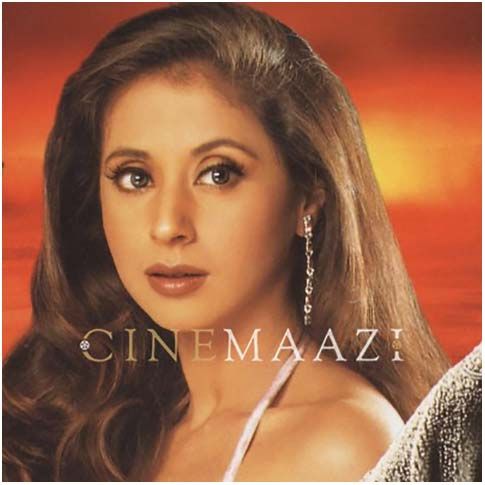
Subscribe to read full article
This section is for paid subscribers only. Our subscription is only $37/- for one full year.
You get unlimited access to all paid section and features on the website with this subscription.
Not ready for a full subscription?
You can access this article for $2 , and have it saved to your account for one year.
- Born: 4 February 1974 (Mumbai)
- Primary Cinema: Hindi
- Parents: Sunita and Shrikant Matondkar
- Spouse: Mohsin Akhtar Mir
Acknowledged as a ‘thinking actress who performs spontaneously’, Urmila Matondkar established a distinctive onscreen persona, known equally for her acting skills, as for her style quotient and dancing prowess. Celebrated as an actress with style and a fair amount of substance, she has been credited with breaking ‘Bollywood’ stereotypes regarding heroines onscreen, and always being ahead of her times. Regarded as having redefined the 1990s Hindi film heroine with the Ram Gopal Varma-directed Rangeela (1995), Varma himself would maintain, “I was mesmerised by Urmila's beauty -- from her face to her figure... everything about her was just divine...One of my primary motives in making Rangeela was to capture Urmila's beauty eternally on camera and to make it a benchmark for sex symbols.”
Matondkar has gone much beyond the limited scope of that label, to delve into roles that garnered considerable critical recognition, essaying a range of intense characters in psychological thrillers and horror films, as well as art-house cinema.
Not one to mince words, she has succinctly analysed her career and approach. “Being a star means doing the kind of work you want to do. As stars we need to take risks and I was up for those challenges. I took risks and I did pay a price for it. I was made to answer because a Kaun (1999) can't do business like a popcorn entertainer or a romantic film would do.
“...I could have earned lots of crores by doing hundreds of more Rangeela that came my way. But I said no to all that and others did it and made money. I had moved to Kaun or Pinjar (2003). Even in the commercial space I was offered exciting and different parts like Dillagi (1999). There was no repetition in my work.
“I am grateful for my fans as they had put me up there and it was for audience that I thought of giving them a new experience every time they would come to see my films. It's being said that we do same kind of films and someone had to push the envelope. I am glad I did that,” she summarised her approach as an actress.
Known primarily for her work in Hindi cinema, in addition to Telugu, Malayalam, Marathi and Tamil films, she has received numerous accolades, including the Filmfare award and the Nandi award. Emerging as a star with Ram Gopal Verma's hit Rangeela, her notable early hits include Judaai (1997), Satya (1998), Khoobsurat (1999), and Jungle (2000). Her prominent works in Telugu and Tamil cinema include Antham (1992), Gaayam (1993), Indian (1996) and Anaganaga Oka Roju (1997). Not afraid to veer away from the expected, she went on to garner critical recognition for essaying a variety of intense characters, playing a serial killer in Kaun (1999), an obsessive lover in Pyaar Tune Kya Kiya (2001), a possessed woman in Bhoot (2003) and a violent avenger in Ek Hasina Thi (2004). Foraying into art-house cinema, she worked with independent filmmakers in dramas such as Tehzeeb (2003), Pinjar (2003), Maine Gandhi Ko Nahin Mara (2005), and Bas Ek Pal (2006). She has since worked intermittently, also making an impact in the Marathi film Ajoba (2014). Awards she has won include the Filmfare best actress (Critics) award for Bhoot, and a special achievement award at the Rajiv Gandhi Memorial awards.
Participating in concert tours and stage shows, she has also featured as a talent judge for various dance reality shows, including Jhalak Dikhhla Jaa (2007) and DID Super Moms (2022).
Involved with several humanitarian causes, she is vocal about issues faced by women and children.
In March 2019, she joined the Indian National Congress. She contested from Mumbai North constituency in the 2019 Lok Sabha Election, but lost. In September 2019, she resigned from the party, and in 2020, joined the Shiv Sena.
Born on 4 February 1974 to Sunita and Shrikant Matondkar in Bombay into a Maharashtrian family, her grandfather was a stage actor while her father used to do experimental plays. She debuted in films as a child artiste with B R Chopra’s Karm (1977). Her career as a child star would endure for approximately 11 years, as she featured in films such as Shreeram Lagoo's Marathi film Zaakol (1980), Shyam Benegal's crime Kalyug (1980), Shekhar Kapur's hit emotional drama Masoom (1983), Praveen Bhatt's Bhavna (1984), K Viswanath's Sur Sangam (1985), Rahul Rawail's Dacait (1987) and Kalpataru's Bade Ghar Ki Beti (1989).
She would make her lead debut in 1989, with T K Rajeev Kumar's Malayalam blockbuster Chanakyan, opposite Kamal Haasan. Two years later, she debuted in Hindi films with N Chandra’s commercially successful actioner Narsimha (1991), playing the rebellious daughter of a ganglord. She next came to attention in Rajiv Mehra's ghost comedy Chamatkar (1992), starring alongside Shah Rukh Khan (1992).
Her first Telugu film came with the well-received action-crime Antham (1992), and its Hindi bilingual Drohi (1992) in which she played an ornithologist in love with Nagarjuna's character, a ruthless gangster. The film also marked the first of her many collaborations with director Ram Gopal Varma. After a few unimpressive films, she won attention in Varma's Telugu political thriller Gaayam (1993) which also earned her a Nandi award for best supporting actress, followed by the successful romantic drama Aa Gale Lag Ja (1994).
However, it was Varma’s Rangeela in 1995 that catapulted her overnight to the top league of leading actresses in Hindi cinema. The top-grossing film featuring Aamir Khan and Jackie Shroff, saw her play Mili Joshi, an effervescent fun-loving friend of a street-toughened orphan, with ambitions of becoming an actress. Her performance also saw her receive her first Filmfare nomination for best actress.
Subsequently, she starred alongside Mohanlal in the Malayalam action film Thacholi Varghese Chekavar (1995), which was followed by her first Tamil film, S Shankar's commercially successful Indian (1996) featuring Kamal Haasan, which was also dubbed and released in Hindi as Hindustani and was India's official entry for the best foreign language film for the Academy awards in 1996.
Her career continued on its upwards ascendant, with her performances winning appreciation as well as award nominations. Critics pointed out that she came out “with flying colours” in the Raj Kanwar hit melodrama Judaai (1997), in which she essayed the daughter of a rich man who marries an honest engineer in her father’s company at the behest of his wealth-hungry wife. If her films such as the crime comedy Daud (1997) alongside Sanjay Dutt and the action romance Aflatoon (1997) failed to find their mark, she equally scored with hits such as the Telugu road movie Anaganaga Oka Roju (1997), starring alongside J D Chakravarthy which received positive reviews and emerged as a box office hit.
Her position was further strengthened by the crime drama Satya (1998), a critically acclaimed and commercially successful film which also bagged her a Filmfare best actress nomination. This Varma directorial saw her play the innocent love interest of an immigrant who comes to Mumbai looking for a job, and is then drawn into the city’s underworld.
She won rave reviews for her performance in Varma’s psychological horror thriller Kaun, opposite Manoj Bajpayee. Khalid Mohamed of The Times of India observed, “She rivets the viewer's interest, carrying off entire reels on her shoulders, through a gamut of quicksilver facial expressions. Vulnerable and baffled, she is utterly believable as the traumatised girl-next-door.”
The 2000s saw her deliver several critically acclaimed performances with interesting facets to her characters. She displayed considerable depth and emotional range in her performance as the obsessive lover in Rajat Mukherjee’s successful romantic thriller Pyaar Tune Kya Kiya (2001), with some critics going so far as to call it her career-best performance. It saw her on the list of several best villain nominations as well as that of the Filmfare for best performance in a negative role.
In 2003, she snagged the Filmfare for best actress (critics' choice) as well as other best actress awards for her performance as a woman possessed by a ghost in the hit supernatural horror Bhoot. Praised for delivering a performance that “beats all competition hollow”, she was hailed as being “consistently excellent - controlled and persuasively vulnerable – as the beleaguered wife, evoking your concern and empathy.”
Khalid Mohammed’s crime drama Tehzeeb (2003) saw her win critical acclaim for her portrayal of the title role of a girl in a strained relationship with her mother, while she also impressed as a North Indian girl who is kidnapped against the background of the 1947 India partition in the critically acclaimed Pinjar (2003). Her performance in the latter also drew comment from reviewer Derek Elley of Variety, who wrote “Good performances, especially by lead actress Urmila Matondkar and by Manoj Bajpayee as her Muslim partner, compensate for a slightly wobbly structure.”
Her author-backed role in Sriram Raghavan’s debut directorial, the hit thriller Ek Hasina Thi (2004) earned her copious praise, as she was commended for carrying off the transition from naive to knowing effortlessly. “Seductive and steely, she's quite explosive,” said critics of her performance as a deceived woman in the film that premiered at the New York Asian Film Festival.
Her performance in Jahnu Barua's acclaimed art drama Maine Gandhi Ko Nahin Mara (2005) further established her “credibility as a versatile actress” emphasised by her “reserved albeit realistic delivery of emotions.”
Making her Marathi film debut with Ajoba in 2014, she played Purva Rao, a wildlife activist in search of leopards. Her performance was dubbed “another jewel in her crown”, as she essayed the character “with a mild aggressive and rebellious streak”.
In 2018, after a four-year hiatus, she returned to the big screen with a special appearance in a song in the dark comedy Blackmail directed by Abhinay Deo. In an interview, she revealed that she had decided to stay away from films as she did not get any interesting offers. “Sometimes there were offers but everything needs to fall in place. Like there were times when the makers were not competent enough to put everything in the package together and float it the way it should be. So I just did not feel to do it. I have other things to do now like scuba diving, reading etc.”
In an interview to Filmfare she had described acting as being conscious that you’re playing a part while simultaneously getting under the skin of the character. “The beauty of acting is to do it naturally, without getting all knotted up,” she said, elaborating, “In this context, I’m reminded of Alfred Hitchcock’s wonderful line to Grace Kelly while doing a scene from Rear Window (1954). It seems she was getting all nervous and tense about doing a certain shot. And he told her, “My dear, remember it’s just a movie!’”
In 2016, she married Kashmir-based businessman and model Mohsin Akhtar Mir.
-
Filmography (14)
SortRole
-
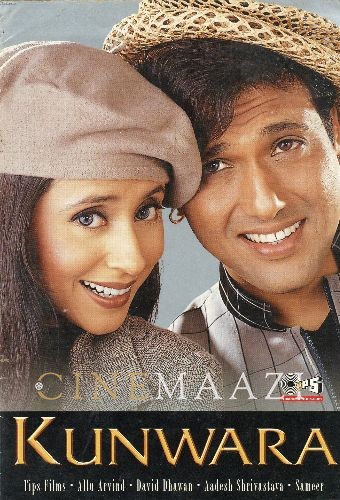
Kunwara 2000
-
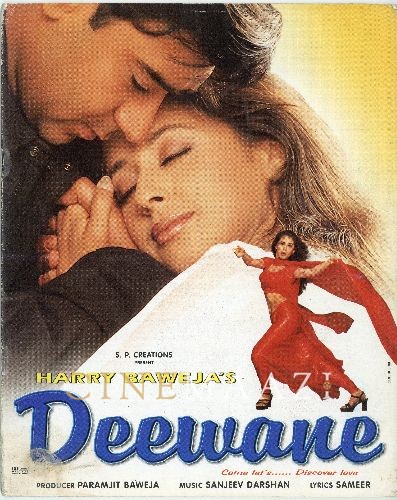
Deewane 2000
-
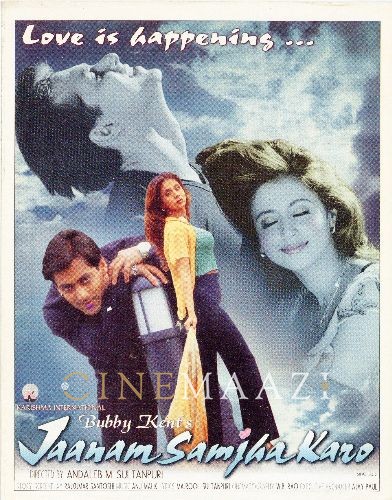
Jaanam Samjha Karo 1999
-
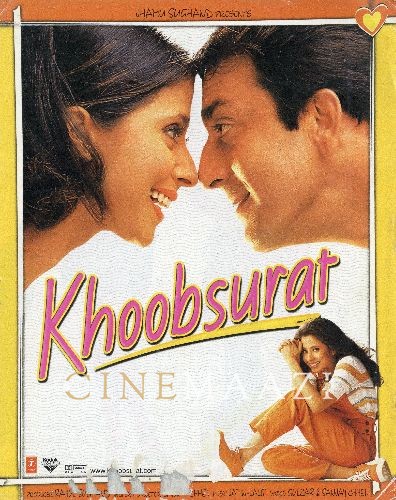
Khoobsurat 1999
-
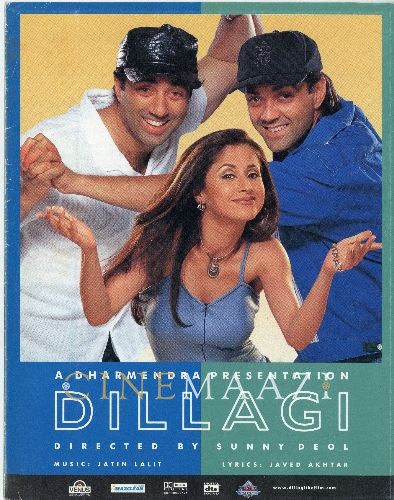
Dillagi 1999
-
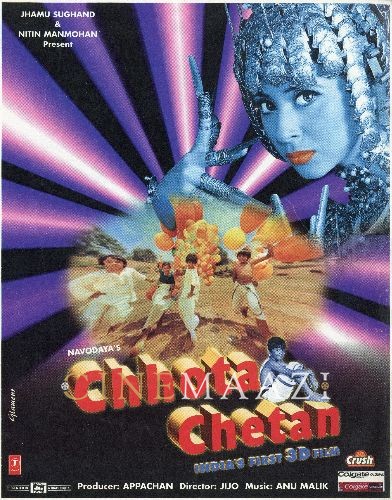
Chhota Chetan 1998
-
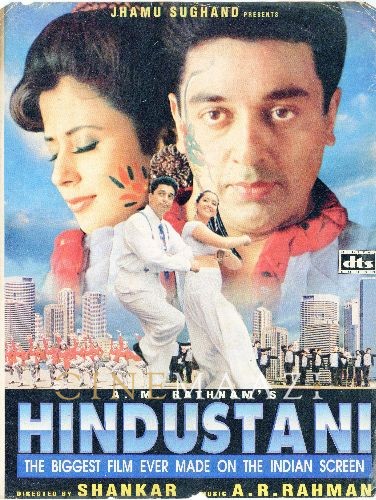
Hindustani 1996
-
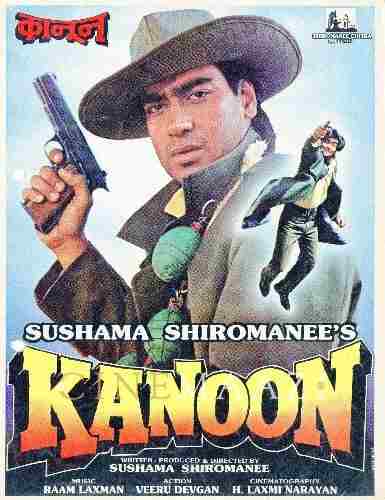
Kanoon 1994
-
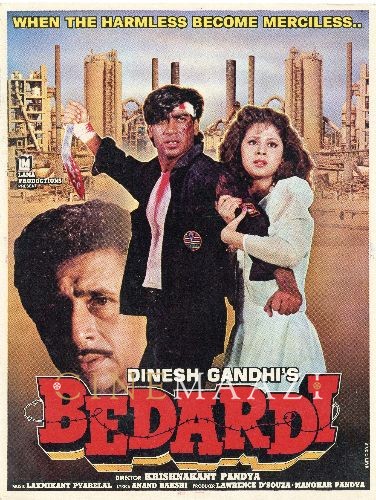
Bedardi 1993
-
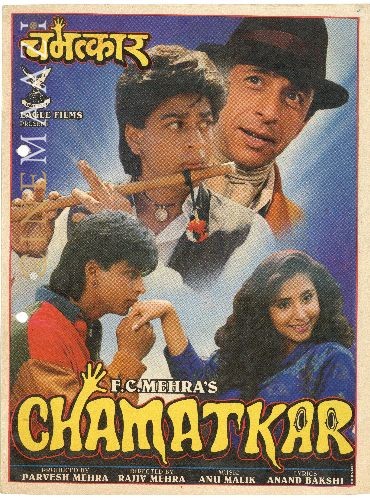
Chamatkar 1992
-
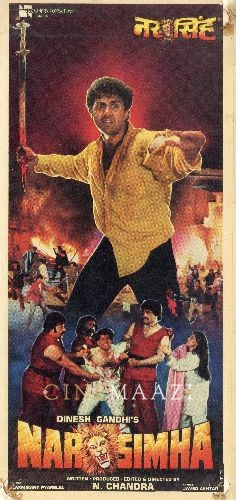
Narsimha 1991
-





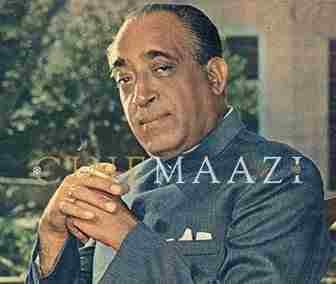
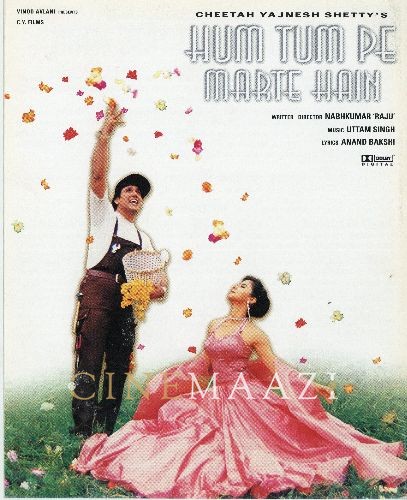
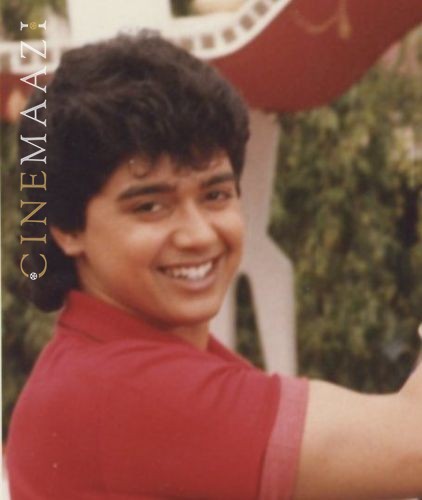
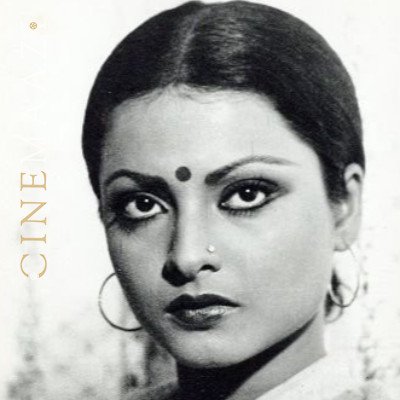
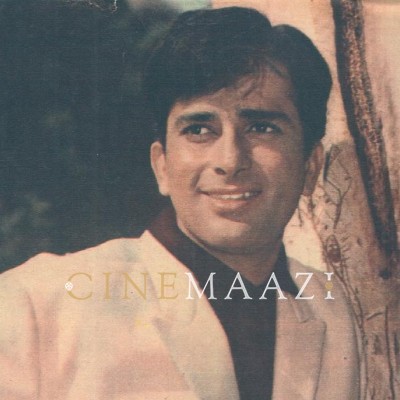

.jpg)



